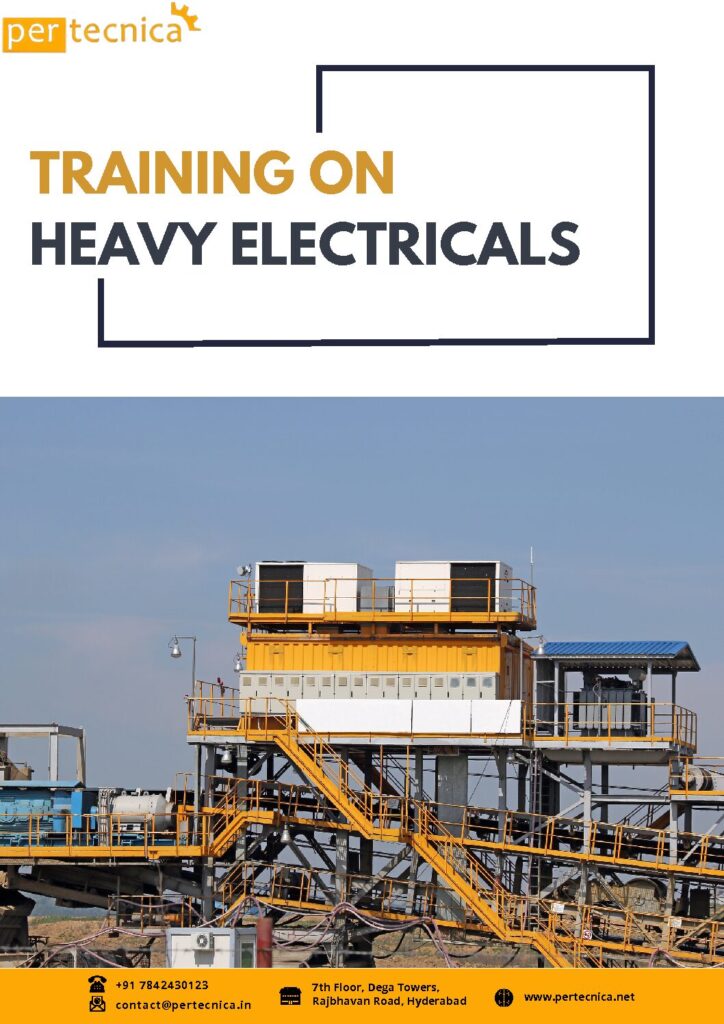Pertecnica Engineering stands at the forefront of India’s employee training landscape, distinguished for its tailored modules catering specifically to the electrical equipment manufacturing sector. These specialized programs are meticulously designed to equip professionals with the latest advancements, technical skills, and safety protocols essential for success in the dynamic realm of electrical equipment production.
Pertecnica’s training initiatives encompass a diverse range of crucial areas, including advanced electrical engineering principles, modern manufacturing techniques, quality assurance, and compliance with industry standards. With a steadfast focus on innovation, efficiency, and adherence to evolving technological trends, Pertecnica Engineering ensures that participants acquire holistic expertise, empowering them to lead innovation and contribute significantly to the ever-evolving electrical equipment manufacturing industry in India.

